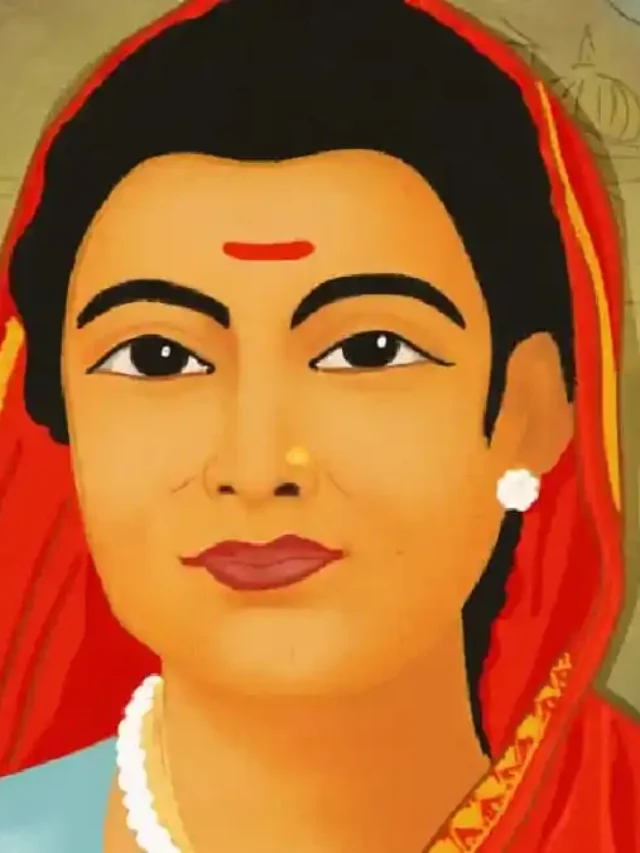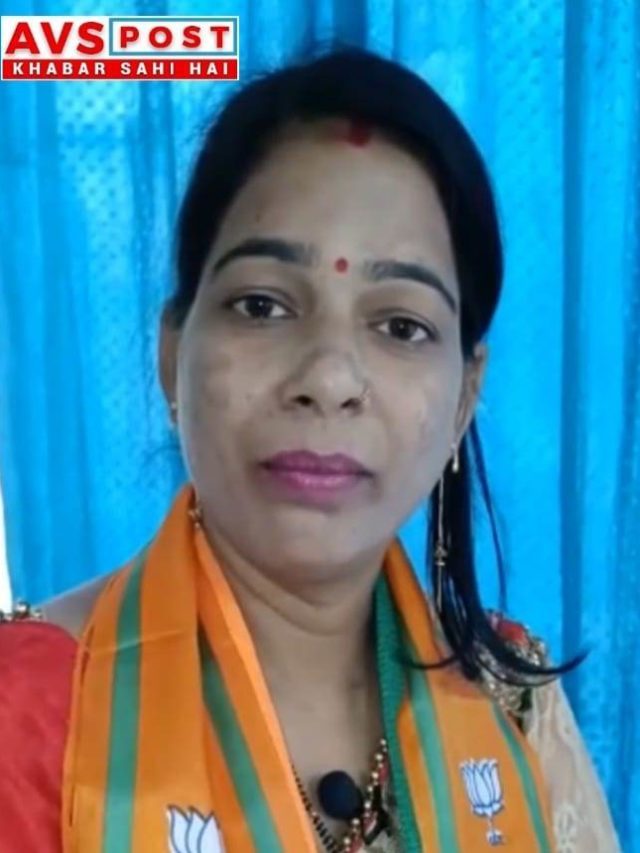FIFA World Cup 2026 : The Ultimate Guide to Football’s Biggest Tournament Ever
Fantastic Four : Marvel’s First Family, Origin, Legacy and MCU Future
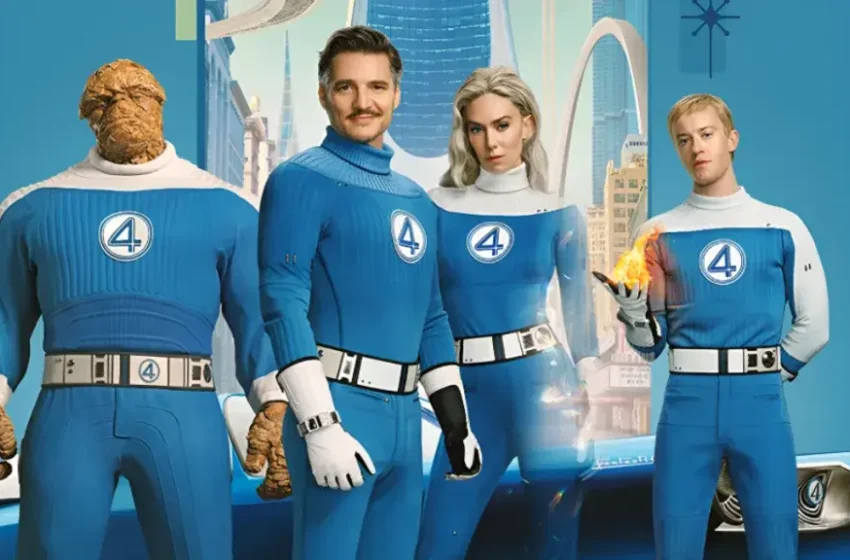
Fantastic Four
The Fantastic Four, often dubbed Marvel’s First Family, hold a special place in comic book history. Created by Stan Lee and Jack Kirby in 1961, this superhero team introduced a new era of storytelling that blended science fiction, adventure, and human drama. Unlike other superheroes of the time, the Fantastic Four were not just a team—they were a family, flawed and relatable, navigating cosmic challenges and personal struggles. This blog explores the origins, impact, and modern relevance of the Fantastic Four in the Marvel Universe.
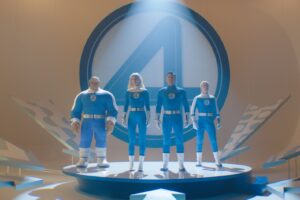
The Origin of the Fantastic Four
In November 1961, The Fantastic Four #1 hit newsstands, marking the birth of the Marvel Universe as we know it. The story follows four individuals—scientist Reed Richards, his fiancée Sue Storm, her brother Johnny Storm, and pilot Ben Grimm—who gain extraordinary powers after being exposed to cosmic radiation during a space mission. Reed becomes the elastic Mr. Fantastic, Sue transforms into the Invisible Girl (later Invisible Woman), Johnny becomes the Human Torch, and Ben is reborn as the rock-skinned Thing. Their powers, while incredible, come with personal costs, setting the tone for the series’ focus on human struggles.
This origin story was groundbreaking. Unlike DC’s polished heroes like Superman or Batman, the Fantastic Four were imperfect. They bickered, faced financial woes, and dealt with the consequences of their decisions. Jack Kirby’s dynamic art and Stan Lee’s witty dialogue brought these characters to life, creating a formula that would define Marvel Comics.
Why the Fantastic Four Matter
The Fantastic Four were revolutionary for several reasons:
1. A Family, Not Just a Team
Unlike the Justice League or Avengers, the Fantastic Four were bound by familial ties. Reed and Sue’s romance, Johnny’s hotheadedness, and Ben’s gruff loyalty created a dynamic that felt authentic. Their relationships drove the narrative, making their adventures as much about personal growth as about saving the world.
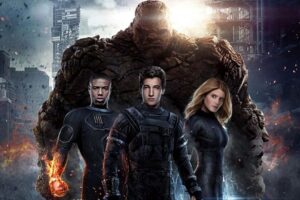
2. Groundbreaking Villains
The Fantastic Four introduced some of Marvel’s most iconic antagonists. Doctor Doom, the brilliant and vengeful monarch of Latveria, became one of comics’ greatest villains. The cosmic devourer Galactus and his herald, the Silver Surfer, brought existential threats that pushed the team to their limits. These villains weren’t just evil for evil’s sake—they had depth, motivations, and complexities that mirrored the heroes.
3. Pioneering Sci-Fi Concepts
The Fantastic Four leaned heavily into science fiction, exploring concepts like the Negative Zone, alternate dimensions, and cosmic entities. This bold approach expanded the scope of superhero comics, paving the way for stories that went beyond street-level crimefighting.
4. Relatability and Humanity
The Fantastic Four weren’t perfect heroes. Reed’s arrogance often led to mistakes, Ben struggled with his monstrous appearance, Sue grappled with her role in a male-dominated team, and Johnny’s impulsiveness caused chaos. These flaws made them relatable, resonating with readers who saw their own struggles reflected in the characters.
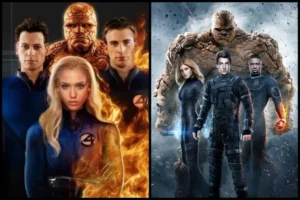
The Fantastic Four in the Modern Era
The Fantastic Four have remained a cornerstone of Marvel Comics, even as their prominence has waxed and waned. Recent runs, like Dan Slott’s 2018–2022 series, have brought the team back to their roots, emphasizing family dynamics and cosmic adventures. The team has also played a major role in Marvel’s cinematic universe, with a new Fantastic Four film slated for release in 2025, directed by Matt Shakman and starring Pedro Pascal as Reed Richards, Vanessa Kirby as Sue Storm, Joseph Quinn as Johnny Storm, and Ebon Moss-Bachrach as Ben Grimm.
This upcoming film, set in the Marvel Cinematic Universe (MCU), aims to capture the team’s optimistic, exploratory spirit while introducing them to a new generation. Fans are eager to see how the MCU handles iconic elements like Doctor Doom and the team’s retro-futuristic aesthetic.
Challenges and Criticism
The Fantastic Four haven’t been without challenges. Early film adaptations (1994, 2005, and 2015) struggled to capture the team’s essence, often criticized for weak storytelling or miscasting. In comics, some argue the team’s focus on science fiction can feel dated compared to the grounded narratives of modern Marvel heroes. However, their emphasis on family and exploration remains timeless, and talented creators continue to find fresh ways to tell their story.
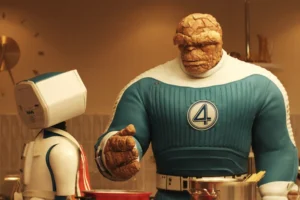
The Fantastic Four’s Legacy
The Fantastic Four laid the foundation for the Marvel Universe. Their creation sparked the introduction of Spider-Man, the X-Men, and the Avengers, shaping the interconnected world that dominates pop culture today. Concepts like the multiverse, now a staple of Marvel storytelling, trace their roots to the Fantastic Four’s adventures. Their influence extends beyond comics, inspiring countless creators to blend heart, humor, and imagination.
Also Read This : Avatar Movie Trailer Breakdown : Stunning Visuals, Emotional Story & Why Fans Are Excited for James Cameron’s Next Epic
The Fantastic Four are more than just superheroes—they’re a family that reminds us of the power of connection, resilience, and curiosity. As they prepare to make their MCU debut, their legacy as Marvel’s First Family continues to inspire. Whether you’re a longtime fan or a newcomer, the Fantastic Four’s blend of cosmic wonder and human drama makes them a team worth celebrating.
